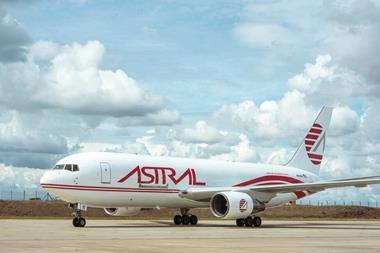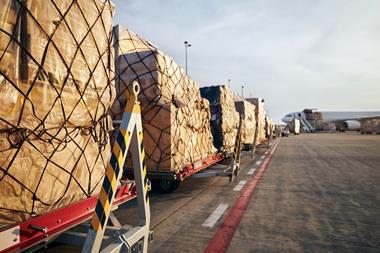The cost of airfreight supply chains from Bangladesh has been pushed up by new stricter security requirements from the European Union (EU), while lead times are also being extended by up to three days.
On June 1, the EU imposed enhanced security requirements for cargo originating from Bangladesh that stipulates all exports from the country must be screened by x-ray machines and also using explosive detection systems – either an explosive detection dog unit (EDD) or an explosive detection system (EDS).
Bangladesh Freight Forwarders Association director Nurul Amin, who is also managing director of Tower Freight Logistics, told Air Cargo News that Dhaka’s Hazrat Shahjalal airport had neither an EDD or EDS.
The Civil Aviation Authority of Bangladesh has plans to bring in two EDS machines, but these will not be available until mid-August.
Even after implementing the EDS machines, Bangladesh will need to get a clearance certificate from the International Civil Aviation Organization and the EU will need to send its aviation security team for inspection.
In the meantime, cargo is being routed through airlines’ hubs where it is being re-screened, but they are passing the cost of this onto forwarders, while capacity has also been reduced and as a result prices are increasing.
“Airfreight from Bangladesh has to bear the additional cost of getting EDD or EDS screened in a third country, namely at the country where the hub of the airlines is located,” he said.
“Airlines have already started applying extra cost for additional re-screening. Airfreight costs are also increasing as airlines are reducing capacity to cope the re-screening process at transit points.
“The new regulations will also lead to delay in transit time by two to three days.”
Some local reports suggest that airfreight volumes could drop by as much as 50% in June as a result of the new security requirements.
The situation is not helped by congestion at the country’s main container shipping port, Chittagong.
In March last year, the UK, Germany and Australia put a ban on direct exports from Bangladesh because of security concerns.
In light of this and congestion at the airport, airlines began to reduce capacity and re-route aircraft.










